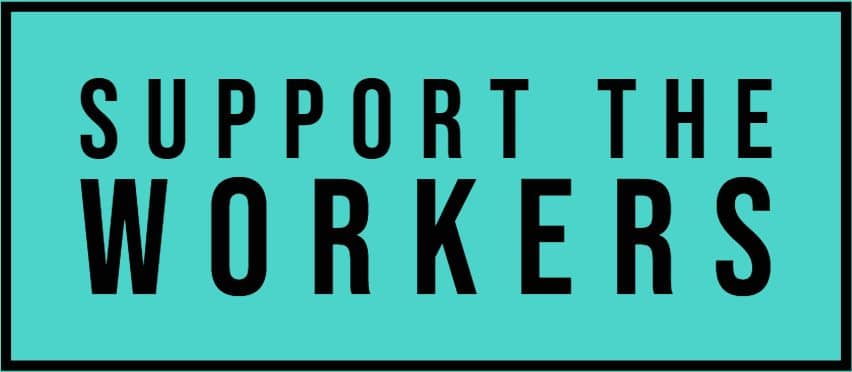Team dynamics and non-technical skills
Produced by Professor Steven Yule, University of Edinburgh and Harvard Medical School
Expert reviewed by Dr Nathan Smith, University of Manchester
Expert reviewed by Professor Emma Barrett, University of Manchester
Download the printable 1-page PDF version of this brief here.
Why is team dynamics and non-technical skills relevant?
Covid-19 workers are likely to work in dynamic teams, often with people they do not know and in high demand, variable resource settings. Optimising team performance can result in improved decision making, increased efficiency, higher adherence to safety standards, and more satisfying work relationships, which will contribute to tackling the disease outbreak.
Core constructs/concepts
Effective team dynamics are essential for being able to quickly diagnose and deliver effective treatment to patients. Team dynamics can be optimised through the development of so-called non-technical skills. Non-technical skills are the cognitive and social skills that characterise high performing teams. These skills enable team members to efficiently exchange information about their understanding of ongoing situations, which helps to ensure the transfer of critical information and facilitates a shared understanding of what is going on.
Essential non-technical skills for effective team dynamics relevant to medical scenarios include:
Situation awareness
Decision making
Communication
Team coordination
Leadership and followership
Resource allocation
The covid-19 outbreak poses significant potential risk for the breakdown in team function. This might be because of the extreme physical and psychological demands faced (see Extreme stressors brief), due to resource limitations (perhaps due to staff being overly stretched or less experienced team members having to fill in) or stem from teams having to make decisions based on ambiguous and uncertain information.
The non-technical skills outlined above have been shown to reduce performance errors and improve team function in similar situations to those faced by covid-19 workers. Focusing on and facilitating these skills may help overcome some of the current challenges faced and actually foster creativity and innovative performance in these demanding situations.
Practical recommendations and tools
A number of non-technical skills tools are available for Surgeons (NOTSS), Anesthetists (ANTS), Scrub Practitioners (SPLINTS). For example handbook and sets of behavioural markers see: https://www.rcsed.ac.uk/media/415471/notss-handbook-2012.pdf. Below are some best practices for individuals and teams to adopt in order to enhance team behaviour:
Team communication best practices
Introduce yourself and role to other team members
Be as clear and concise as possible
Express authentic curiosity by actively listening
Use names if you can and eye contact if culturally acceptable (hand gestures may be needed when wearing PPE)
Assertiveness and speaking up
Regardless of role, all team members should be able to speak up about concerns in the name of patient safety
Speaking up helps to prompt team members to think of other options
Frame communications as concerns or with curiosity e.g., “I am concerned…” or “Talk me through the plan…”
Communicate your feelings, concerns and ideas using clear and direct language
If someone uses direct language towards you, try not to take it personally but see it in the context of the situation
Closed Loop communication
Check back important information – confirm that you have understood
Provide periodic status updates to others
Gather sufficient data to make decisions, and prioritise decisions that need to be made ‘now’
Offer potential solutions when available
Leadership and followership
Set expectations on roles, culture and expected norms of team behaviour to unite the team
Listen to concerns of others and validate them
Be aware of non-verbal communication
Leaders should actively engage in conflict resolution – part of this is about viewing conflict as a potential contributor to high performance
Be willing to occupy a followership role depending on the expertise that is called for in the moment
Debriefing (see Performance debriefing brief)
Actively involve team in discussions
Use ‘good judgement’: Identify specific areas for improvement rather than focusing on judgement or blame
Reflect on specific events/performances rather than more general events/competencies
Incorporate multiple perspectives rather than just one viewpoint
Relevant literature
R Flin, GG Youngson, S Yule (Eds). Enhancing Surgical Skills: A Primer in Non-Technical Skills (2015). New York, NY: CRC Press ISBN: 9781482246322
Scott J, Lin Y, Ntakiyiruta G, Mutabazi ZA, Davis WA, Morris MA, Smink DS, Riviello R, Yule S. Identification of the Critical Nontechnical Skills for Surgeons Needed for High Performance in a Variable-Resource Context. Annals of Surgery, 2019;270(6):1070-1078
From Center for Medical Simulation in Boston, MA: Simulation Exercises for Labor & Delivery w/ coronavirus COVID-19: free, open access resources for sim-based training including faculty guides, narrated presentations, team evaluations, and multiple sim cases: ow.ly/GuOD50ySZIF
